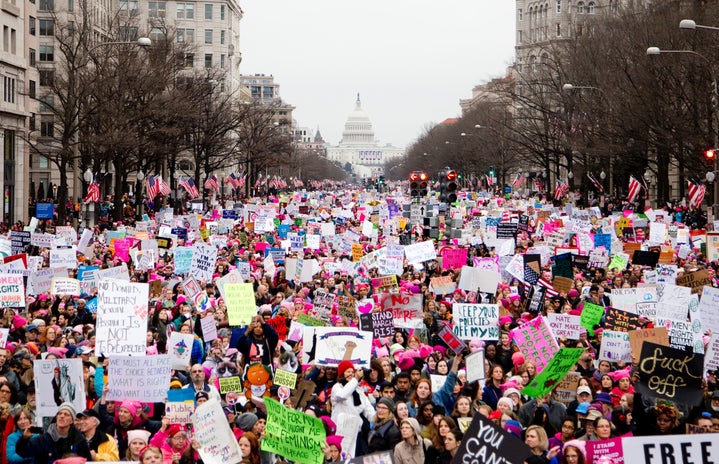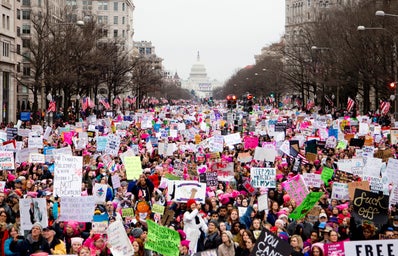You know, at this point, I’m not even surprised. Just continuously disappointed.
I’m sure you’ve heard about it by now. Through the fray of rising COVID cases, military withdrawals, and retirement of government financial support from the pandemic, one story has emerged above the rest.
Trinity, what do you mean?
Over the last week, the Texas state government passed the most restrictive abortion law in the country. It requires that people receive abortion services within the first six weeks of conception, a period when most have no idea that they are pregnant. Not only this, but those who help someone seek an abortion, whether it be providing the service, driving the person to the clinic or helping them financially, can all be sued under the new law. If successful in court, the plaintiff is entitled to attorney fees and a minimum of $10,000.
To make matters worse, the Supreme Court did not put a stop to the bill, even though it is in direct violation of Roe v. Wade. This move showed other pro-life activists that the Court’s protection of this landmark reproductive rights case may be weakening, and there is a sizable chance that more challenges to the law will be emerging soon.
Now, I know what you’re thinking…
How will all of this play out? Is it really that big of a deal?
In short, the impact will be extensive, and it truly is that big of a deal.
Not only will legal precedents of Roe v. Wade continue to be challenged, but this bill being passed sets the stage for the continuous consolidation of power by those at the top. To be more specific, this consolidation of power has the greatest potential to come from those who are non-childbearing and use their religion to dictate their decision-making.
Before I continue, let me just say that I am not bashing people who are religious and find their religion important to them. Personally, I identify as a Christian; with that being said, I also understand the value of not imposing my views on others (especially when my views hold the majority). The role of the government is to achieve the common good, not to create laws out of self-interest.
Moving on, this might be an unpopular opinion, but I don’t believe that people should be able to make laws on the basis of their personal religious beliefs. Spiritual and religious belief is valid and important–no one is denying that. However, it is unfair and unjust to force those beliefs, which are mostly (if not all) faith-based, onto others. While I believe in the Christian version of God, this belief should not have the power to become the law.
If you disagree with me (which is entirely your right), I have a question for you: Would you be comfortable if another religious group had risen to power and was creating laws based on their faith? Would you be fine having to adjust and adhere to the faith-based structure of another personal belief system?
If you can answer yes to the above questions, then my point is not for you. However, for most of you, I’m sure the answer to both questions is no.
Personally, one of the most disheartening aspects of the whole argument is how religion has become a tool for political manipulation and consistent hypocrisy. The Christian faith was created on the principles of forgiveness, lack of judgement and unconditional love. Over time, we have watched it be turned into a bargaining chip for people to achieve greater levels of political power, a tactic that Jesus detested. His rejection of the status quo and fierce defense of societal misfits morphed him into the public enemy of governmental powers.
Beyond this, like any restrictive practice, this will disproportionately affect BIPOC, LGBTQIA+ people and other marginalized communities. These groups have the greatest likelihood of being in a lower socioeconomic condition, meaning that the potential fine stemming from the lawsuit would be financially devastating. Not only that, but healthcare is already less accessible to these groups on account of the privatization of the United States medical system.
Even extending past the financial strain…
What is the most frustrating part about this?
The most frustrating part is that it feels like there is little to no objective to advocate for the common good. Most of the people making these decisions are not childbearing, nor would they have the option to be. In addition, there is a gigantic dichotomy between the socioeconomic status of lawmakers and their constituents. It’s unethical to force people to bring children into the world that they cannot take care of, especially when the systems that people resort to— typically foster care and adoption—both have a gross number of improvements to make.
To be fair, the points that I am making will not register if a larger portion of the country sees poverty as a moral failing rather than (quite often) the cyclical pattern of societal parameters that stifle the impoverished. Case in point, a child does not deserve to be punishment. And people who do not want children should not be penalized for making this decision.
How can we continue to look ourselves in the mirror and know that we are forcing people to bring children into a world where their socioeconomic status will largely dictate their future? Even if the child is of the middle or upper class, why would we want them to be brought into a home where they are not initially wanted?
The stories of people whose parents decided not to get an abortion are their own, and I am truly thankful that they have found peace with that. However, these stories are oftentimes sensationalized exceptions and not the general rule. They should not serve as a blanket reason for everyone to be forced into carrying a pregnancy to term.
Through all of this, I just have one more thing to say…
If you advocate for the pro-choice movement in the face of rape and incest, you need to have that same energy across the board.
People who can bear children are not just a vessel that requires violation before they are able to receive rights. This completely cuts into the legitimacy of the movement, and more than that, it’s untrustworthy. My body should not hold value only in the case of it being violated.
Whether or not I decide to have children, it should be just that: a choice. My choice. And I will keep fighting to make sure that everyone else has that same option.


